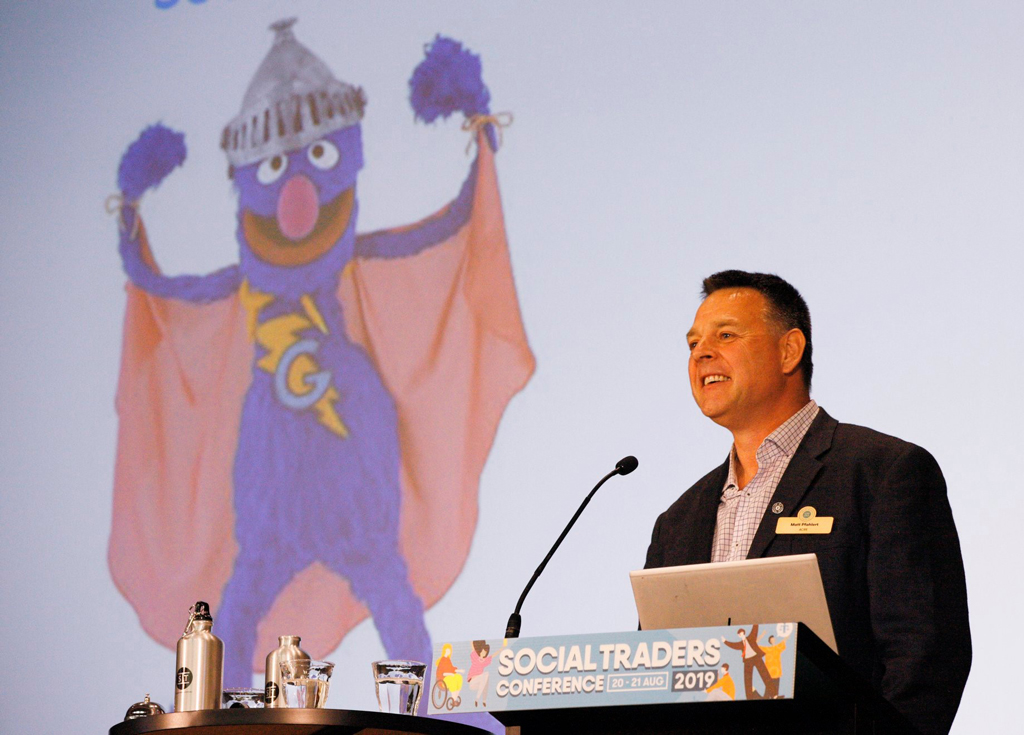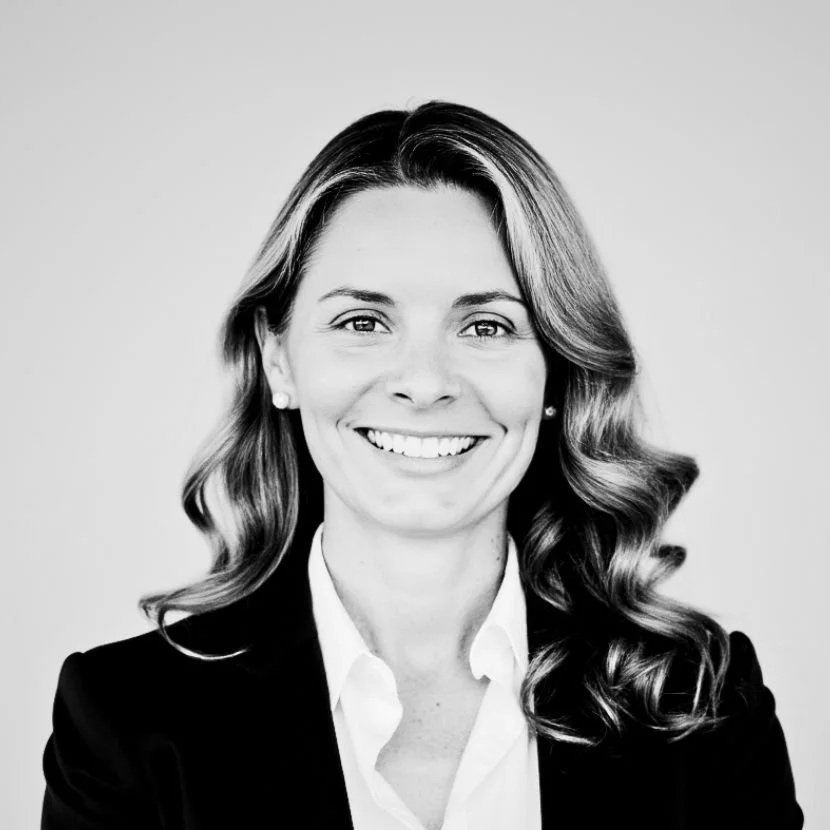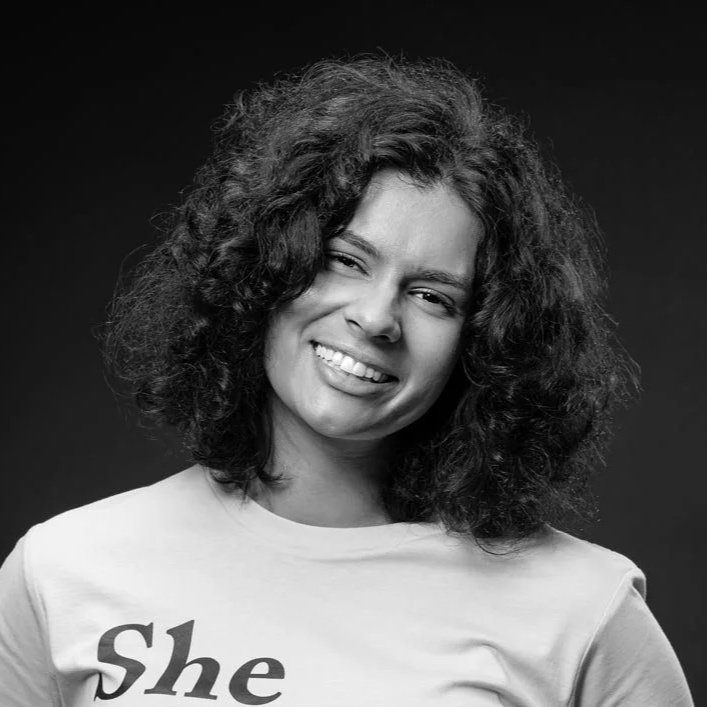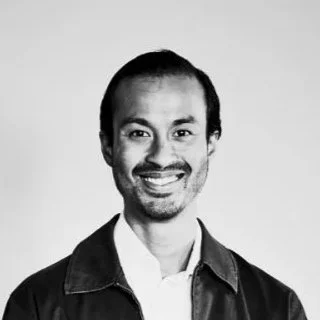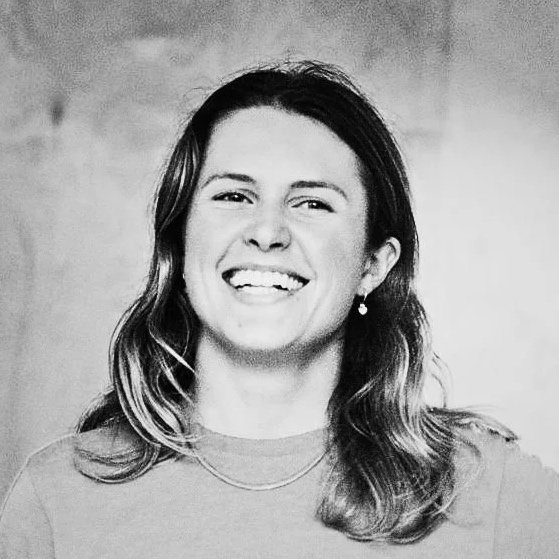Matt Pfahlert On The State Of Social Enterprise In Australia
All image credits: Just Gold
On August 20th, Social Traders held their annual conference, with the social enterprise community gathering in Melbourne for two days of keynotes, panels, workshops and networking.
David LePage was this year’s international keynote speaker, who kicked off the conference by providing key reflections on the development of Canada’s social enterprise ecosystem.
Matt Pfahlert followed immediately, providing this state of the nation address, sharing key reflections on the development of the Australian ecosystem.
Whilst it’s clear the sector is experiencing significant momentum, a number of opportunities exist for Australia to make strong ground and Impact Boom, alongside many organisations and committed individuals in the country, will continue to work tirelessly at bringing those opportunities to life.
On the 10 year Anniversary of Australia hosting the Social Enterprise WOrld Forum, Matt Pfahlert provided a reflection on the social enterprise state of the nation, drawing humorous comparisons between the sector and Sesame Street characters.
Highlights from the interview (listen to the podcast for full details)
[Matt Pfahlert] - It's almost 10 years to the day, that we hosted the second ever Social Enterprise World Forum here in Melbourne. So, it's quite fitting that we have that little time to reflect around the state of the nation and how we're going. Also, that was the time that I first met David LePage. David is one of those genuine rock gods of social enterprise internationally. He has been developing this ecosystem from a very, very international perspective for a very, very long time, and I'm inspired by the perseverance and the grace in which he carries himself in all of his endeavours.
He's a great advocate, influencer and doer, and he/s been playing the long game. And if there's anything we can learn about David, it's about playing the long game. So, thanks for your compelling and eloquent talk today [at the Social Traders Conference].
So, forward 10 years, and we get very diverse views about how we're going on the state of social enterprise in Australia. Some say, ‘we're delivering in spades’, others say, ‘we'll always be on the fringes, and all this bullshit you do will account to nil.’ They're not my words by the way. But before we go any further, I want you to close your eyes and imagine something.
This is true story too. You are a social entrepreneur, you have a brand new idea, totally untested, you're in a new marketplace, and you only need $55 million to start. So, you go to philanthropy, like we all do, and we tell them, ‘not only do we need this level of cash for an untested idea, but we're not going to start unless you commit the whole lot upfront. Oh, there is a business model, but we don't know what it looks like yet.’
Crazy, right? As if that is ever, ever, ever in a million years going to happen. Well, it did. Joan Cooney, has anyone heard that name before? We've got one who's heard of Joan Cooney. She did this. She did this in 1969, and established Sesame Street. Has everyone heard of Sesame Street? If you haven't and you're too young, maybe the Muppet movie?
Let me introduce you to Sesame Street, who turns 50 years old this year. They have 190 million viewers, across 70 languages, and have an annual turnover of over $135 million. I'd like to pay homage to one of the world's most successful and enduring social enterprises, Sesame Street, and talk to you about the state of the social enterprise sector in Australia, through the lens of some of our most famous and favourite characters.
This episode of Sesame Street is brought to you today, by the words, collaboration, and ecosystem. Which I don't think many three-year-olds would get. Maybe, they're pretty sophisticated these days, three-year-olds. And the number 21.
So, first of all, in this Sesame Street village, we're going to talk about the role that networks play. I'm going to talk about some of these character traits. So, I'm channelling some of those Sesame Street characters. First of all, we had Big Bird.
Big Bird is a much loved character at Sesame Street, but he's prone to frequent misunderstandings. He's an eight foot high, bright yellow canary. He can roller skate, ice skate, dance, swim, sing, write poetry, draw, and even ride a unicycle. And herein represents our current networks…
A big, starting to grow, starting to become a big presence, but still a bit of a flightless bird. However, this is where the social enterprise sector, I believe, is on fire. This momentum around the networks, is not coming from government, it is coming from the social entrepreneurs themselves, with one genuine desire. And that is to collaborate.
So, I'm very, very proud of all of the things that have been headed up around network development in this sector, over the last few years. And taking the lead is Queensland. And they've done a fantastic job, and they're really paving the way for Victoria, who just got launched today, South Australia, who's hot on our heels, as is new South Wales and others.
I think it's a very, very exciting time, in terms of networks. And I feel like there's a domino effect potentially in play, around the national network for a national voice. So, if we did have a national voice, is it going to be Big Bird? Or are we going to be another character, kids? Let's find out.
Meet Miss Piggy. To get a glimpse of channelling our future network, meet Miss Piggy. Let's check out her character. She's notable for her volatile, diva personality, tendency to use French phrases in her speech, and her practise of karate. She has an impressive profile, often seen with celebrities on the national, international stage. But most importantly, she's not one to underestimate.
Let's look at the role social finance plays in this ecosystem brought to you by Sesame Street today. And I've chosen The Count. The Count is a mysterious, but friendly vampire-type Muppet, who loves to count. Because it seems to me, that many of the impact investors that are currently in our culture, they want a high financial return, alongside a high social impact, all in record time, with little or no risk to them. And they're very, very well represented in the sector. And I say good luck to them.
But I can't help thinking sometimes, that they're confusing impact investment with ethical investment. I feel like we've got lots and lots of players in this world, who come at it from a finance first perspective, as opposed to where you really and genuinely build pipeline, and capacity, and momentum, which is starting at it from a perspective of ‘impact first.’
By the way, I love this one. I hear impact investors say this all the time, they say, "There are more impact investors than there are projects out there." And I think, ‘why don't you self-reflect on what you've just said? Maybe you're not an impact investor?’ I feel access, to what I and others believe refer to as appropriate capital, has a long, long way to go, but all is not lost.
Meet Grover. Actually, meet his alter ego, Super Grover. Grover comes to the rescue for Sesame Street, and Grover's characteristics is that he's self confident, he's capable and intelligent. But he doesn't always get it right, but no one can ever, ever question his intentions. There are some exceptional signs in the social enterprise landscape in Australia for social finance. There are an increasing number of large philanthropic organisations, and private ancillary funds, who now have in place policies for allocating a percentage of their Corpus, to impact investments. Now these are people who are philanthropists, and the most exciting thing about this, is that they come from an impact first perspective.
And why this is so important, is that it paves the way for a new blended finance type pathway, for philanthropy can play a role in testing and proving an idea, and then it can very, very clearly, then tilt into patient finance, and something that's really, really important here is patient finance and risk tolerant capital.
So, next I'd like to talk about the role of philanthropy. And I'm going to do that through Ernie and Bert. They are best friends on Sesame Street. Their sexual orientation is unknown. Ernie gets up to all kinds of mischief, and Bert brings along some common sense to the situation. So Ernie really represents those leading lights in the philanthropic world. They're the CEOs, they're the Executive Officers, they're those people that all of our social entrepreneurs know, who have been fighting a great fight. And they are understanding, they are curious, they're engaged, they're involved, and they're committed to supporting us get what we need done. But not even they are always taken seriously. But we do appreciate them. We need you to know that we love the work that you're doing.
So Bert… he represents the trustees, and they're the world, weary foil for Ernie's naive troublemaking. And they're even starting to open up to new ways. And to me, that is the most exciting thing that's happening here. Although they're still a little bit conservative. So, they're great contributors and I think philanthropy, if coordinated a little better, can really take hold of this thing that they've been really quite committed to for a while, and are doing a great job on.
The Federal Government… meet Aloysius Snuffleupagus, or Snuffy for short. He's Big Bird's imaginary best friend, who no one thought was real for the first 15 seasons of Sesame Street. But, turned out to be a very, very real contributor, and a central character in the Sesame Street plot. Don't you love that?
But we do need, on a serious note, to identify and support those federal politicians, and senior public servants who can champion this cause. Scotland has a very, very obvious example of this in the Deputy First Minister, John Swinney. John Swinney, 20 years ago, was the first politician in Scotland to take the pioneering social entrepreneurs in Scotland seriously. And now look what they've created. It's a whole new economy approach to inclusion. So that is the challenge for us. It is to be much more able to connect with our federal politics, at that policy level nationally.
Okay, so State and Local Government, this is Snuffy's little sister Alice. And the better news here, is that Alice has a quest to learn more about the world. And Alice does represent those great initiatives that are already being led by State and Local Governments.
So, on particular note, in the Victorian scene, has been the leadership around developing a state-wide strategy. The focus in working with Social Traders over many years, to be a sector development organisation, has been phenomenal. The social procurement framework, is so strong and potentially world-leading, and also support of the practitioner network, SENVIC, just to name a few, warrants a real mention.
There's also the work of many local councils around the place, Parramatta, Sunshine Coast, Brisbane, Banyule. It's hard to say their names because I'm sure there's a hundred more, because the thing about this work, is that people get on with it. As David said, it's a doing exercise. So, there is some great, great work happening. There's a lot more to be done, but there are some really, really solid gains that we've made in the last 10 years in this area.
We're onto the intermediaries. I'd like to introduce you to Gordon and Maria. They spent collectively, nearly 34 years on this show. Gordon and Maria support the Sesame Street community in all kinds of ways; access to learning and advice, supporting ways of doing things better for all the Muppets that live there. They are key players that are trusted by all, and they're committed longterm to making the community better. And I feel like there's some intermediaries that are really playing a strong role. We've talked about the philanthropics already; they’re so strong, and I'm really proud of them. But there's Social Traders, who I've mentioned, who have done a brilliant job as well here in Victoria, and to share their knowledge and experience further afield as well. But it's universities in Queensland, and I hope I don't miss anyone out here, and Victoria that are playing a key role. There's CQU and QUT and Swinburne. They've been on this path for a good while now. And their work really does need to be acknowledged.
But our sector needs go-to organisations, that are trusted by practitioners. And at the moment, that kind of structure and infrastructure, is sorely lacking. And let's for a moment talk about that financial sustainability myth for a moment.
These intermediary organisations are generally only viable through winning contracts with government, to deliver on outcomes that governments want. Yeah?
So, if we want a vibrant sector, stop expecting intermediaries to be financially viable without any level of government support.
Hopefully we can achieve some maturity around this, just like Scotland has.
We're going to move on to Gonzo now, and this is our relationship with risk. So Gonzo, also known as Gonzo the Great, known for his eccentric passion for stunt performance, aside from his trademark enthusiasm for performance art. Also another defining trait of Gonzo, is the ambiguity of his species.
His character really does represent the need for us to start taking risks on our crazy ideas, different ideas, things that are counterintuitive, and also people, that don't fit the mould, who come at it from a different perspective, or through a different lens. And we need to sometimes suspend our unconscious bias.
It's all right, we're getting to the end of the story.
And developing talent. This is a really personal one for me, but I've chosen the two-headed monster. And the two-headed monster on the Sesame Street character list, teaches cooperation, while speaking in baby like gibberish, but with heavy accents.
These are our current crop of social entrepreneurs, who are having to heroically pave the way for a society that doesn't really understand them. Because one head is running a successful business, and the other head is having to demonstrate social impact.
They are super talented, and yet I fear that this species is under threat, unless we seriously start supporting them. And I think there's much we can learn about elite sports. If you think for a moment that all successful elite sports, they start with promoting participation at an early age. Then they foster interest and emerging talent. Then they provide coaching, mentoring, and they sponsor that talent to hone their skills. Then the emerging elite, get the chance to be part of a national draught. And when they get to that national draught, they're in a position where the league decides that they potentially are the ones that we can build a huge career around. And we can perform in an elite way.
I believe that if we had a stronger coordination between philanthropy, government, and the impact investment community, that we could build an elite league around social impact.
But imagine the performance, and long-term impact on our society, if we took that approach.
I told you at the start, that this episode was brought to you by cooperation and ecosystem, and the number 21.
So why 21? There's two reasons. One, is that the kids born in the 21st century, are now up to 19 years old. So, they're emerging young adults, and they're desperate for us to show leadership. They've already told us for the last 15 years, that they don't want a life and a career, that doesn't bring the planet and people along with them. They couldn't have told our generation any clearer. To the point where over a million last year, wagged school, got scolded, to actually try and protect our planet. That's why this is serious. Because the next generation really, really need us.
The other reason why 21 is important is [secret… if you’re interested in finding out more, please contact Matt directly].
Because I think we should be looking at a national strategy, that has bipartisan support, and funding for it over a 10 year journey. Because, that's the way that you can build an environment that embraces true collaboration, and enables the time to build a real ecosystem.
So, I want to say, thank you.
Matt Pfahlert and David LePage closed the session with an audience Q&A.





